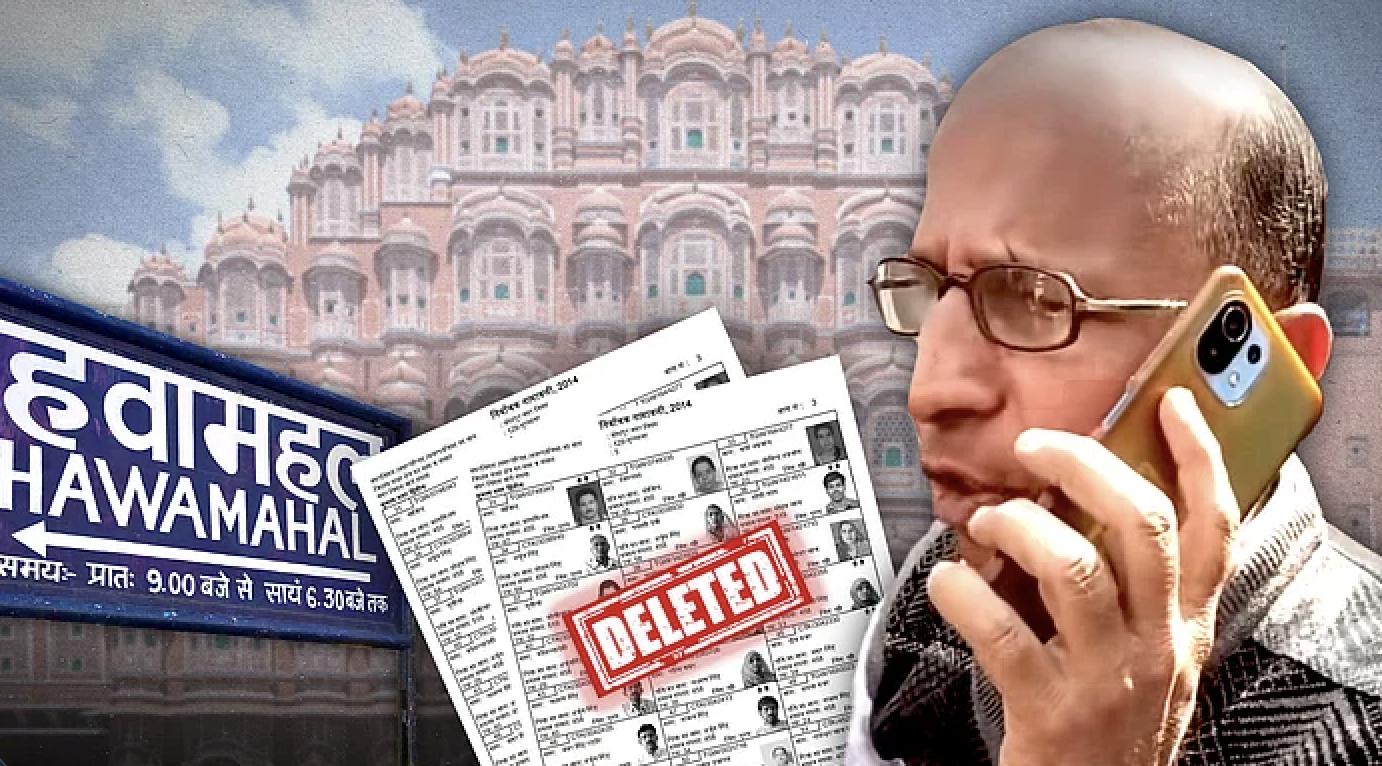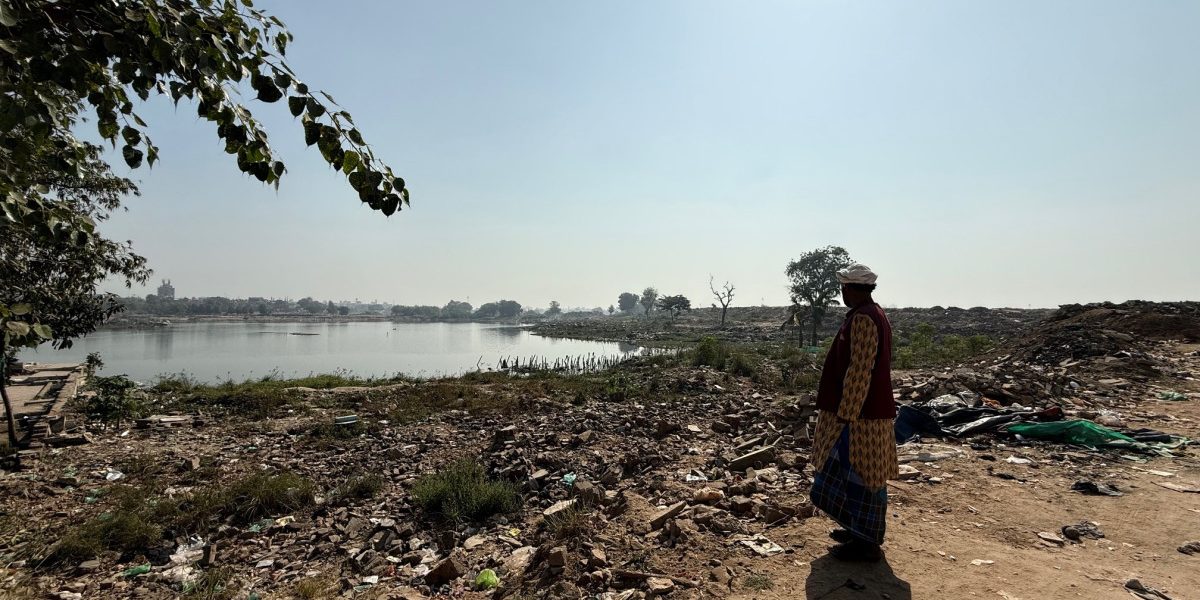
The writer is a Ph.D. candidate in the Department of International Relations at Istanbul Medeniyet University and continues dissertation studies at Lund University
ISTANBUL
Closely linked with Narendra Modi, who started his political leap from the presidency of the state of Gujarat to the prime minister of India in the 2014 elections, the increasing hatred of Islam in Indian society has been on the agenda for a long time. According to Human Rights Watch 2022 report, the ruling Bharatiya Janata Party (Indian People’s Party-BJP) not only embraces acts and policies that discriminate against Muslims and other non-Hindu religious minorities (Christians, Sikhs, Dalits, Adivasis, etc.) but also turns up its pressure on civil society and the media. Academics, journalists, or activists who criticize the government and its policies are suppressed. The ruling party also calls for an economic boycott of Muslims’ employment and trade. The Islamophobia and violence against Muslims supported by the ruling party, combined with the pacification of the police, have made Hindu nationalists even more daring.
Reaction of international community
Tensions escalated once again in India last two months when BJP national spokesperson Nupur Sharma, Head of Media Department of BJP Naveen Kumar Jindal and youth wing leader Harshit Srivastava made libelous statements against the Prophet Muhammad and his wife the noble Aisha. On that, Antony Blinken, the US secretary of state, drew attention to the rising attacks in India in the meeting of the State Department’s International Religious Freedom Report at the beginning of June. At the same meeting Rashad Hussain, the US ambassador-at-large For International Religious Freedom, voiced concern over the treatment of several religious communities in the country by addressing the Indian government as the supporter of these attacks. In addition, Ilhan Omar, a US Democrat congresswoman, declared that India should regard as a “Country of Particular Concern” under the US International Religious Freedom Act, in which economic sanctions can be leaded in extreme cases. At least fifteen countries’ and organizations’ condemnations were issued, including the Organization of Islamic Cooperation and the Gulf Cooperation Council, Türkiye, Qatar, Saudi Arabia, Kuwait, Iran, and Jordan. In some countries, there were even calls for a boycott of Indian products.
After all these backlashes, due to trade interdependencies and alliances, the Indian ruling party, accounting that these people were extremists and did not reflect the party view, expelled Naveen Kumar Jindal from the party and suspended Nupur Sharma. This act was actually reflecting the norms of the BJP which is the distortion of the facts for its interests.
Indian Muslims also protested the insults to the Prophet. As consequence, in the state of Uttar Pradesh (the state with the largest Muslim population in India), the houses of the two protesters were pulled down on the order of the prime minister of Uttar Pradesh, Yogi Adityanath – claiming the houses were illegal – with the intent of some kind of extrajudicial execution. In addition, two people were shot in the demonstrations and 300 people were arrested.
This story was originally published in aa.com.tr . Read the full story here.






